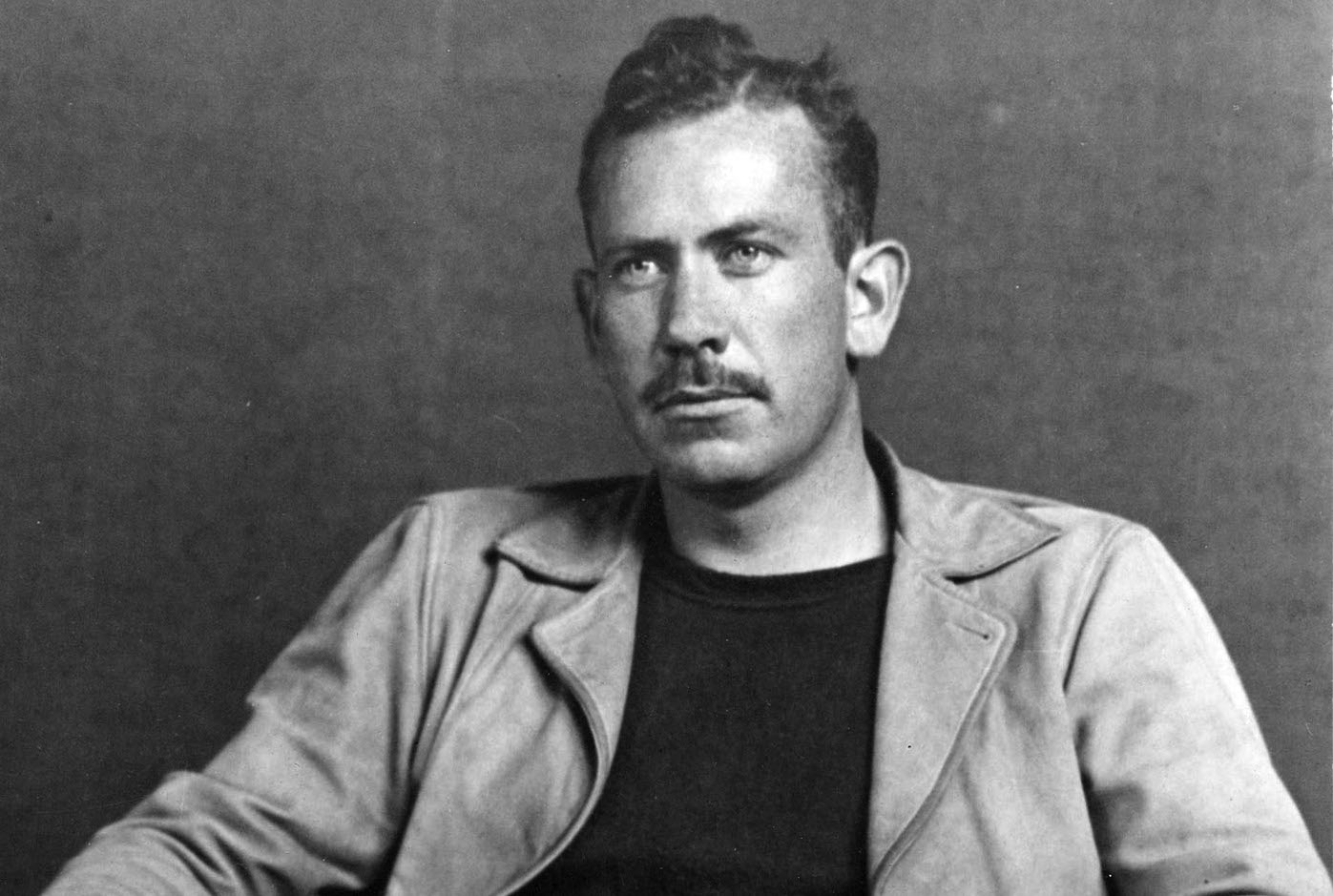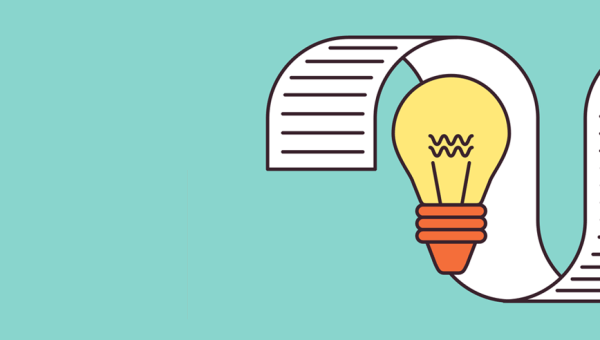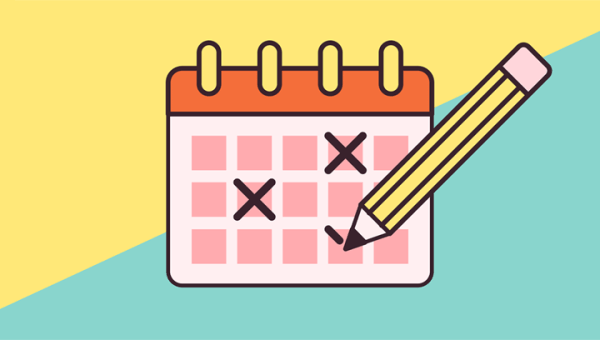Even if you’re not a big reader, you’ve probably heard of the American writer John Steinbeck. Born in 1902, Steinbeck wrote some of the defining novels of the American Great Depression era, including The Grapes of Wrath, East of Eden, and Of Mice and Men. If you haven’t heard of him, I particularly recommend reading Of Mice and Men; it’s a classic!
In this post, we’ll see how Steinbeck managed to be so prolific (he wrote sixteen novels, six non-fiction books, and five collections of short stories!) His lessons are immensely useful to all writers and content creators, not just novelists, as he took a very business-like approach to writing.
What was his secret? The simple power of habit.
Build a daily writing habit
The importance of habit to writing cannot be overstated. Ultimately, motivation only goes so far – it’s nearly impossible to complete a long project by sheer force of will.
In writing, habit seems to be a much stronger force than either willpower or inspiration.
Source: Brain Pickings
To be a truly productive writer, you must write word by word, sentence by sentence, from one day to the next.
Abandon the idea that you are ever going to finish. Lose track of the 400 pages and write just one page for each day, it helps. Then when it gets finished, you are always surprised.
Source: The Paris Review
The beginning of a large writing project can be incredibly daunting. How will you ever finish that eBook or write those 20 blog posts? The immensity can be paralyzing.
The trick is to fool yourself by dividing the project into tiny pieces. If you focus on making a little bit of progress each time you write, no matter how minor, your output will eventually add up. Steinbeck himself liked to write at least one page per day: a relatively small goal, all things considered. If you’re running a blog, try to write (but not necessarily publish) one post every day.
This also solves any “writer’s block” excuses. If you follow your habits faithfully and write every day (even days that you are lacking inspiration!), you’ll still end up with words on paper. You may end up deleting most of it, but that’s certainly better than having nothing written at all!
Pick the right tools
When he wrote, Steinbeck liked to use a very specific type of pencil. He kept dozens of them, pre-sharpened, on his desk. Why was he so meticulous? To be prepared when ideas came to him. He didn’t have to fumble around with a complex pen or waste time sharpening his pencil.
My choice of pencils lies between the black Calculator stolen from Fox Films and this Mongol 2 3/8 F which is quite black and holds its point well—much better in fact than the Fox pencils. I will get six more or maybe four more dozen of them for my pencil tray.
Source: The Paris Review
In the modern software age, this could mean using a specific program to write with. I personally use iA Writer. It’s very minimal but still allows for some basic formatting. You may find it easiest to write your posts directly in the WordPress editor. Or, if you prefer, you can still write with a pencil! Many writers still find it easier to write on paper than on a computer.
However, don’t let this turn into an obsession with the one and only tool I can write with. Many beginning writers fall into the trap of thinking they can’t write without their special Micro Gel DX 0.33m Hi-Tec pen on a high-quality double-breasted leather-bound Moleskine notebook. Real writers get it done, whether it’s with $1,000 writing software or on the back of a napkin.
The idea is to remove any and all constraints to writing, by using familiar, comfortable tools. That said, don’t let a comfortable tool become a crutch!
Let yourself get comfortable
Just as you should do a brief warm-up before exercising, you should warm-up before writing. Jumping immediately into the activity of writing can kill your focus.
Steinbeck had his own version of a writing “warm-up”. Every day, he began work by writing a brief (imaginary) letter to his editor. It functioned as a sort of journal for him; he expressed how he was feeling, what was on his mind, and so on:
March 21. . . . You must think I waste an awful lot of time on these notes to you but actually it is the warm-up period. It is the time of drawing thoughts together and I don’t resent it one bit. I apparently have to dawdle a certain amount before I go to work. Also if I keep the dawdling in this form I never leave my story.
Source: Journal of a Novel: The East of Eden Letters
Consider adopting a similar writing warm-up habit. Write a brief note to your typical reader or a close friend. Try to imagine that you are writing to someone, rather than just to yourself. It will ease you into writing your posts and other content.
Write first, edit later
Finally, Steinbeck (and many other writers) recommended writing first and editing later. Don’t try to write the perfect post or book chapter in one sitting. It doesn’t work that way in real life.
Write freely and as rapidly as possible and throw the whole thing on paper. Never correct or rewrite until the whole thing is down. Rewrite in process is usually found to be an excuse for not going on. It also interferes with flow and rhythm which can only come from a kind of unconscious association with the material.
Source: The Paris Review
Instead, write down everything, no matter how poorly-formatted or rambling it seems. Get all of the ideas out of your head and on to the paper (or Word document.) Polish your writing later before posting it to your site and sending it to your subscribers in a newsletter.




thanks for this nice post and the reminder to write word by word and page by page. Iam working everyday on some blogpost and at the moment I feel that habbit, but sometimes its difcult and frustrating, because that time what you write you need also to promote some posts.
So thats the circle of life and at the end is you mail tool to start again :)
Hi Victor,
Thanks for the kind words! Writing habits are the key to being productive, even through the difficult and frustrating times! :)
Thank you very much for this post. I struggle with finding inspiration at times, however I think the tips you have provided will help me overcome that frustration. Thanks again!
Hi Towanda,
Glad you found it useful! Inspiration comes and goes, but habits are forever. Happy writing!
Very nice post. Thank you!
Hi Lana,
Thanks for the kudos!
Very nice post, good tips. Thanks :)
Thanks Dale!
Yes nice post ! In fact I like writing. It’s a pleasure for me ! But there must be an inspiring subject to fuel the machine ! The thing is : Be passionate by Your subject ! This Way, it become very easy ;)
It’s definitely important to care about your subject! Writing boring stuff is never fun ;)